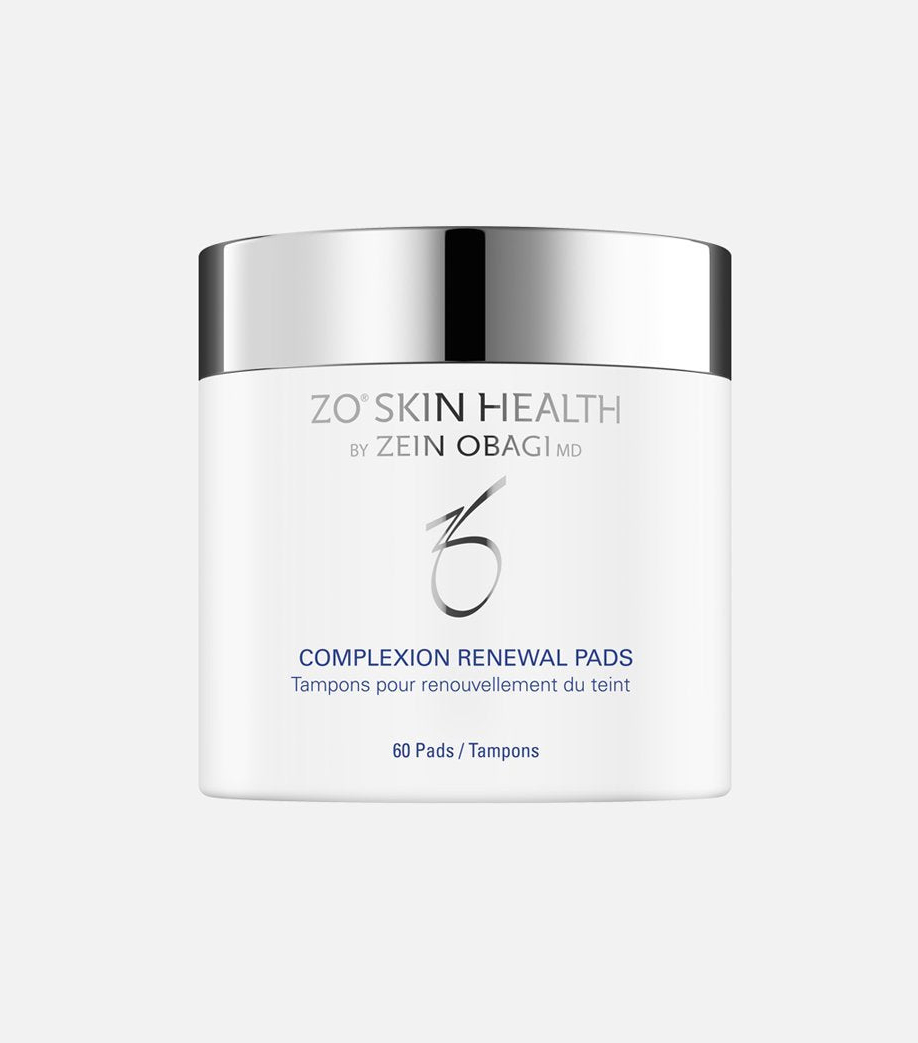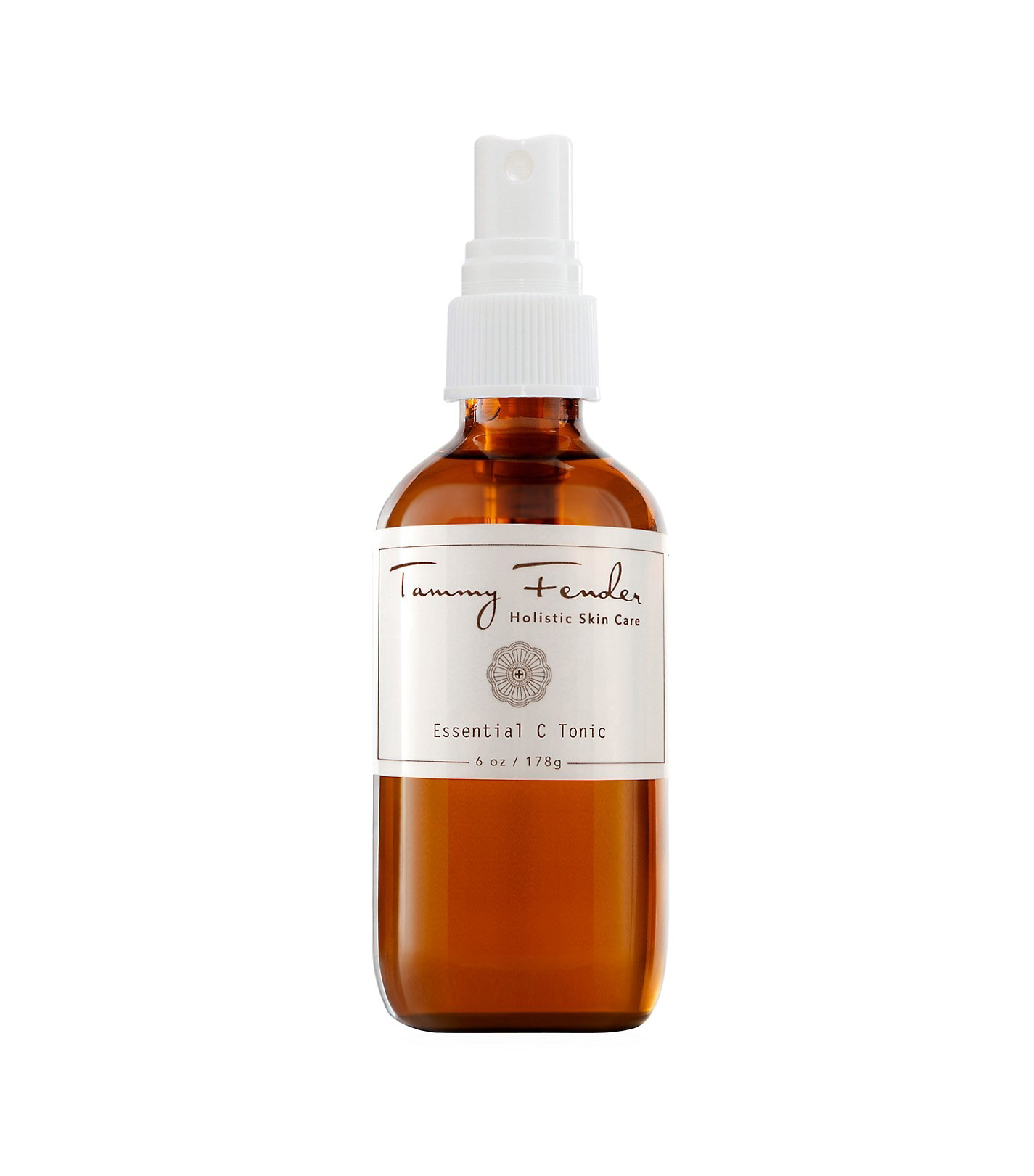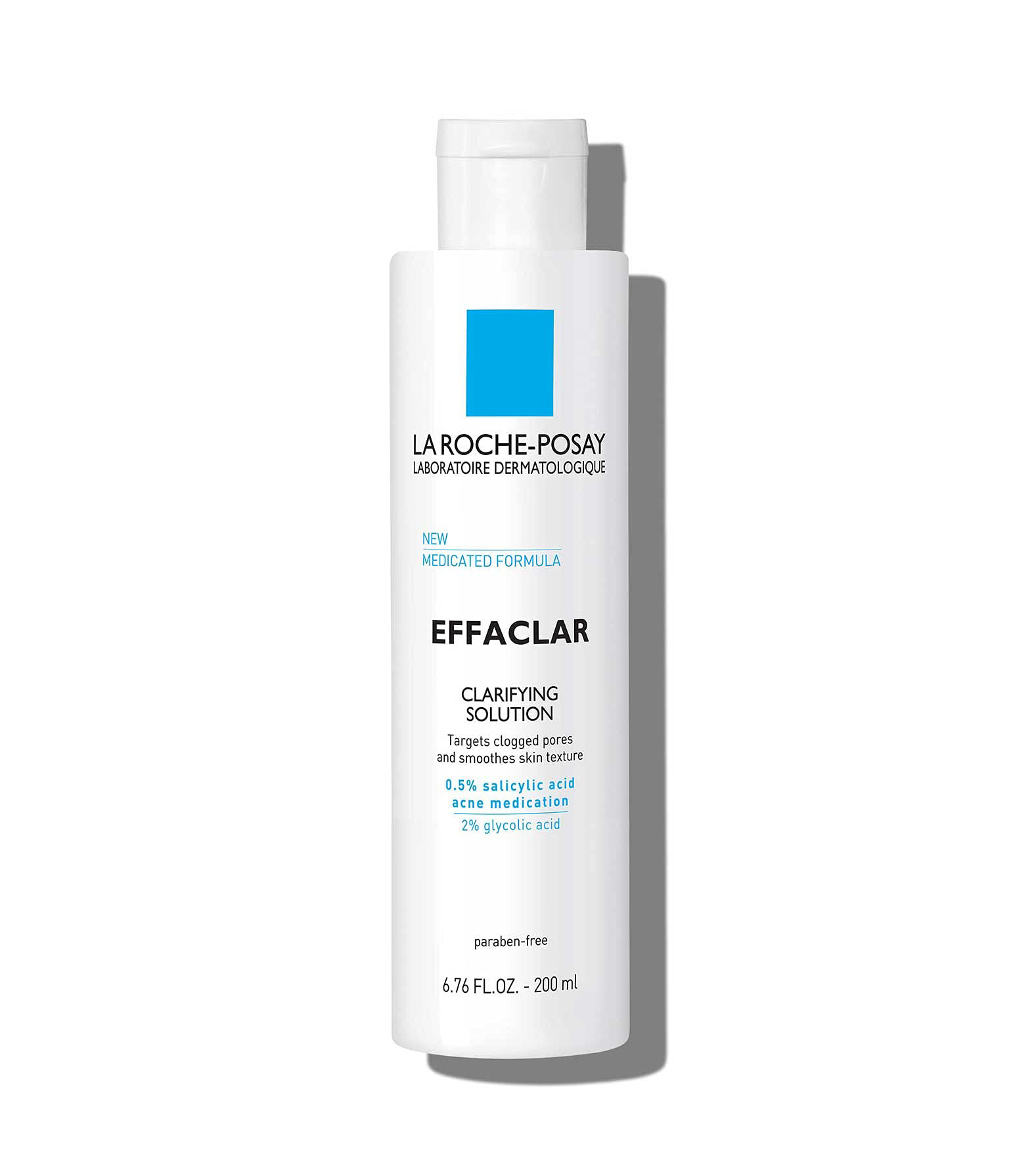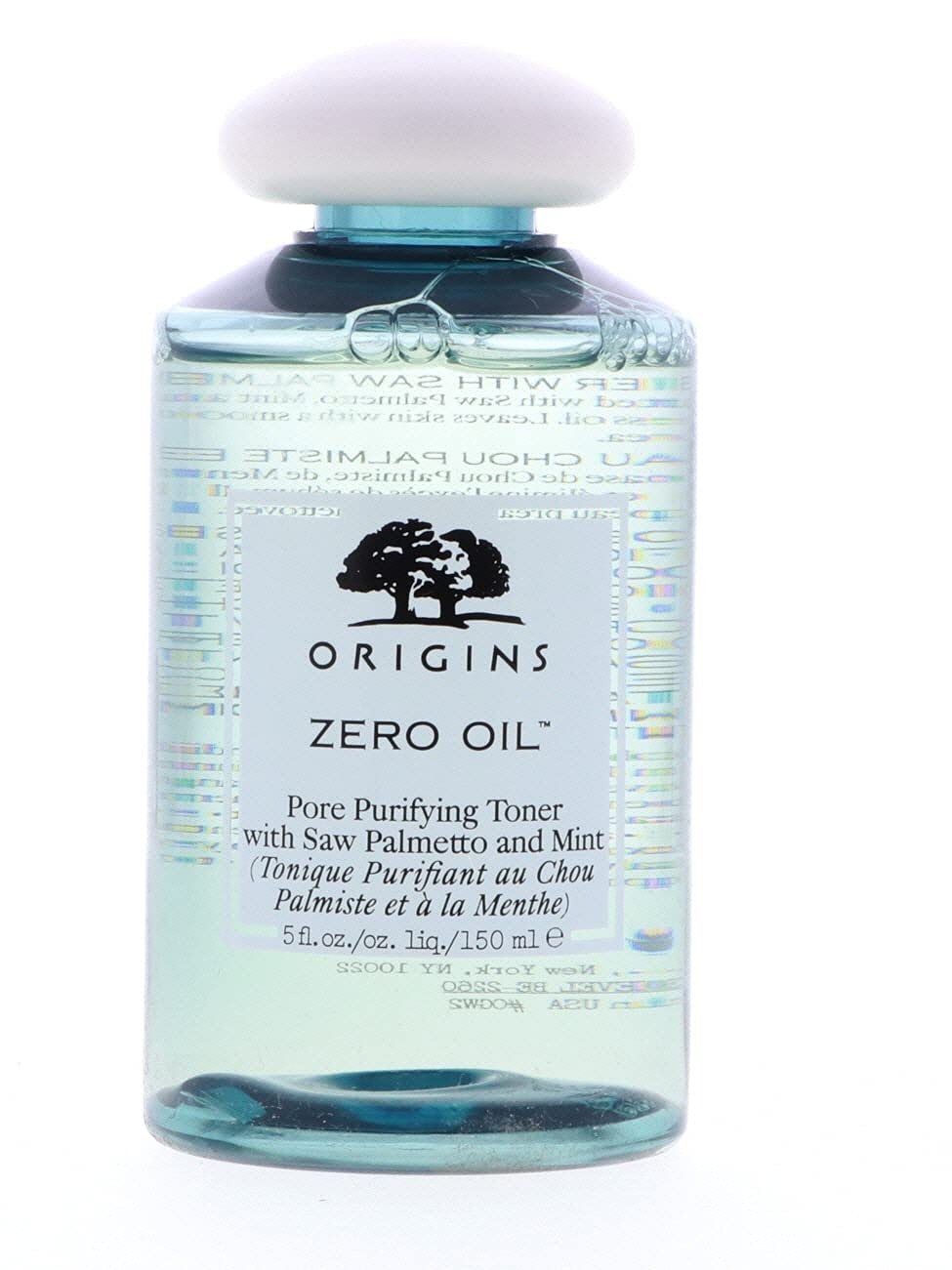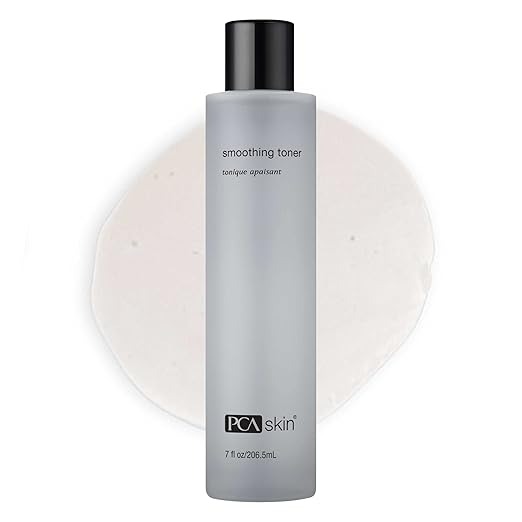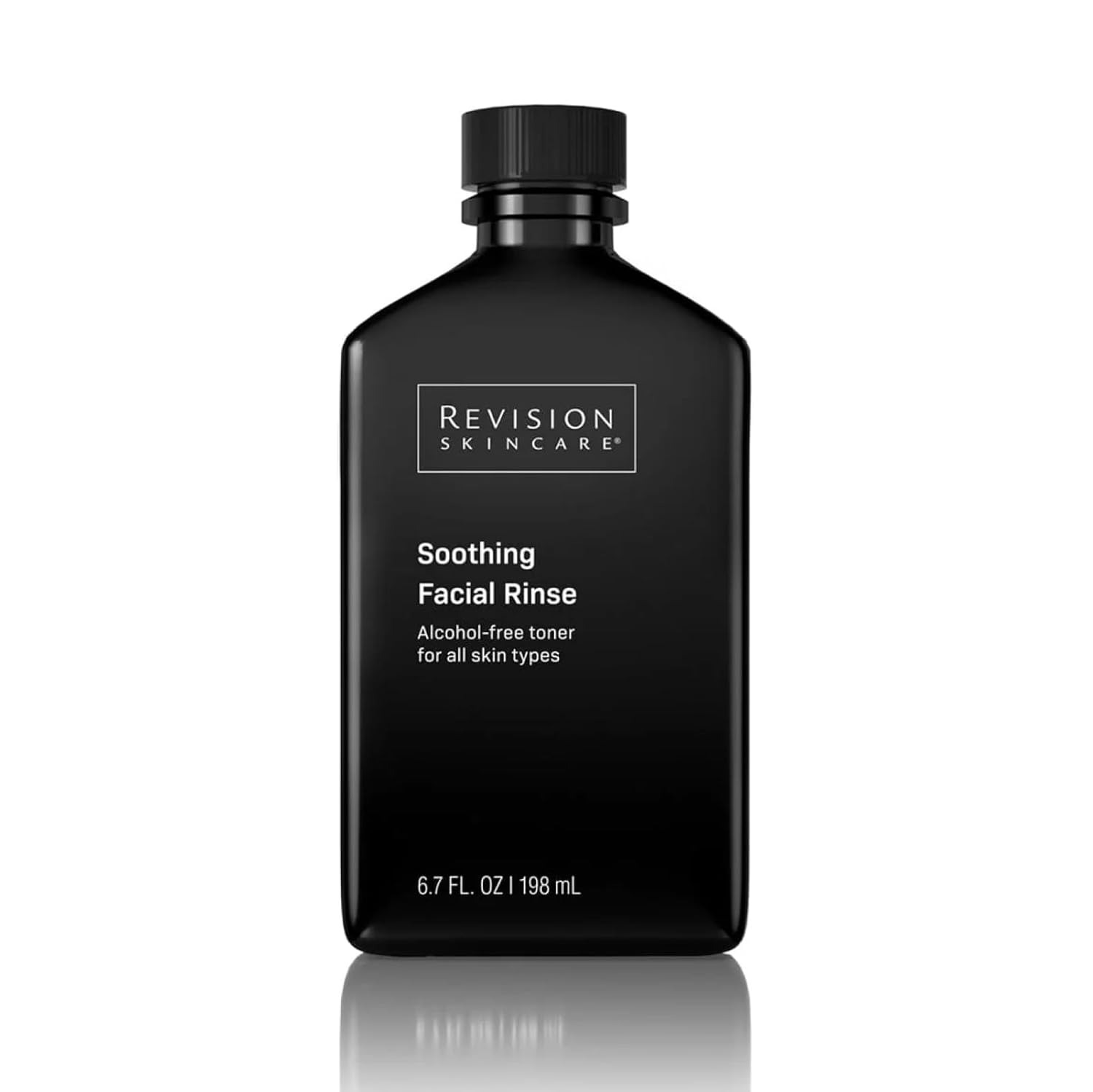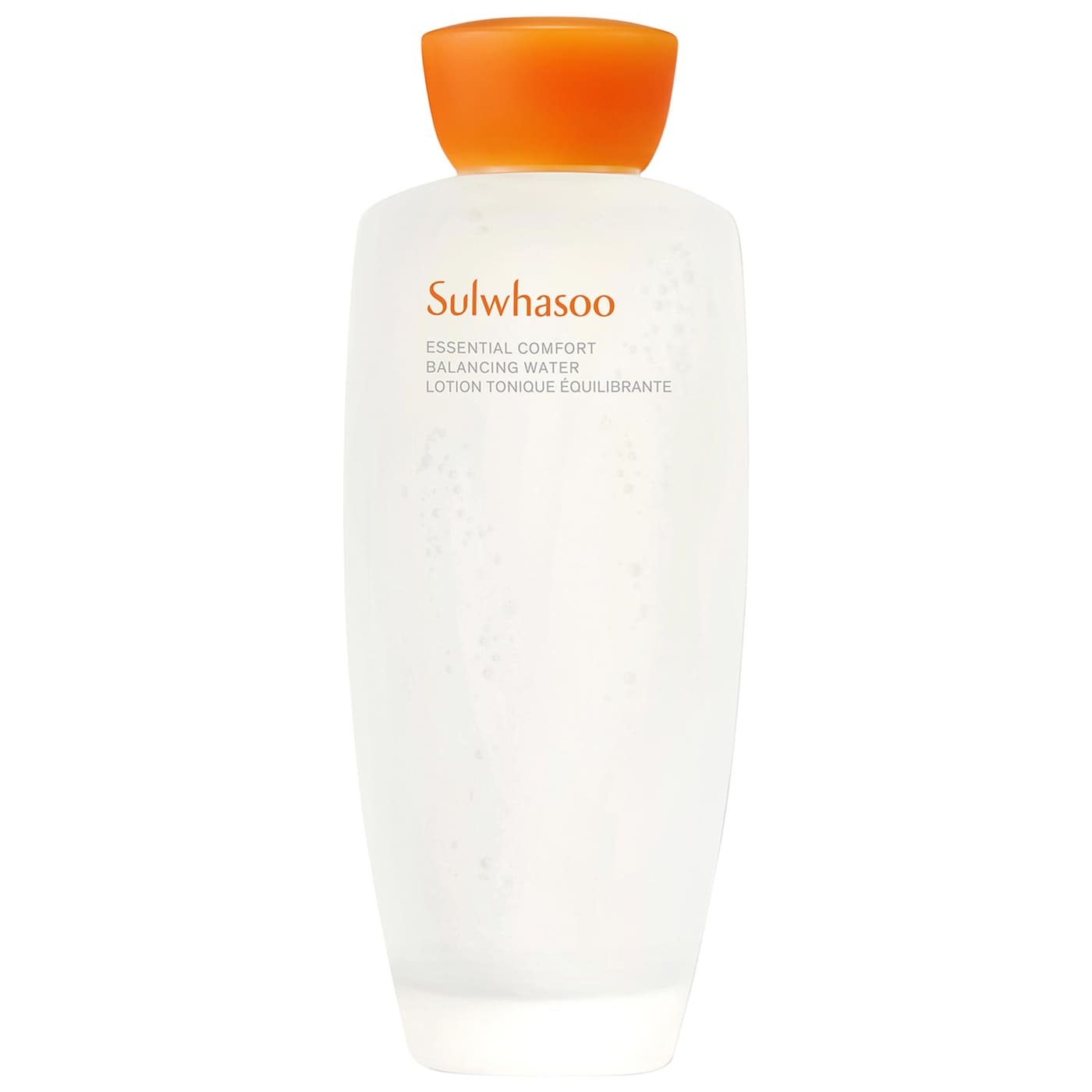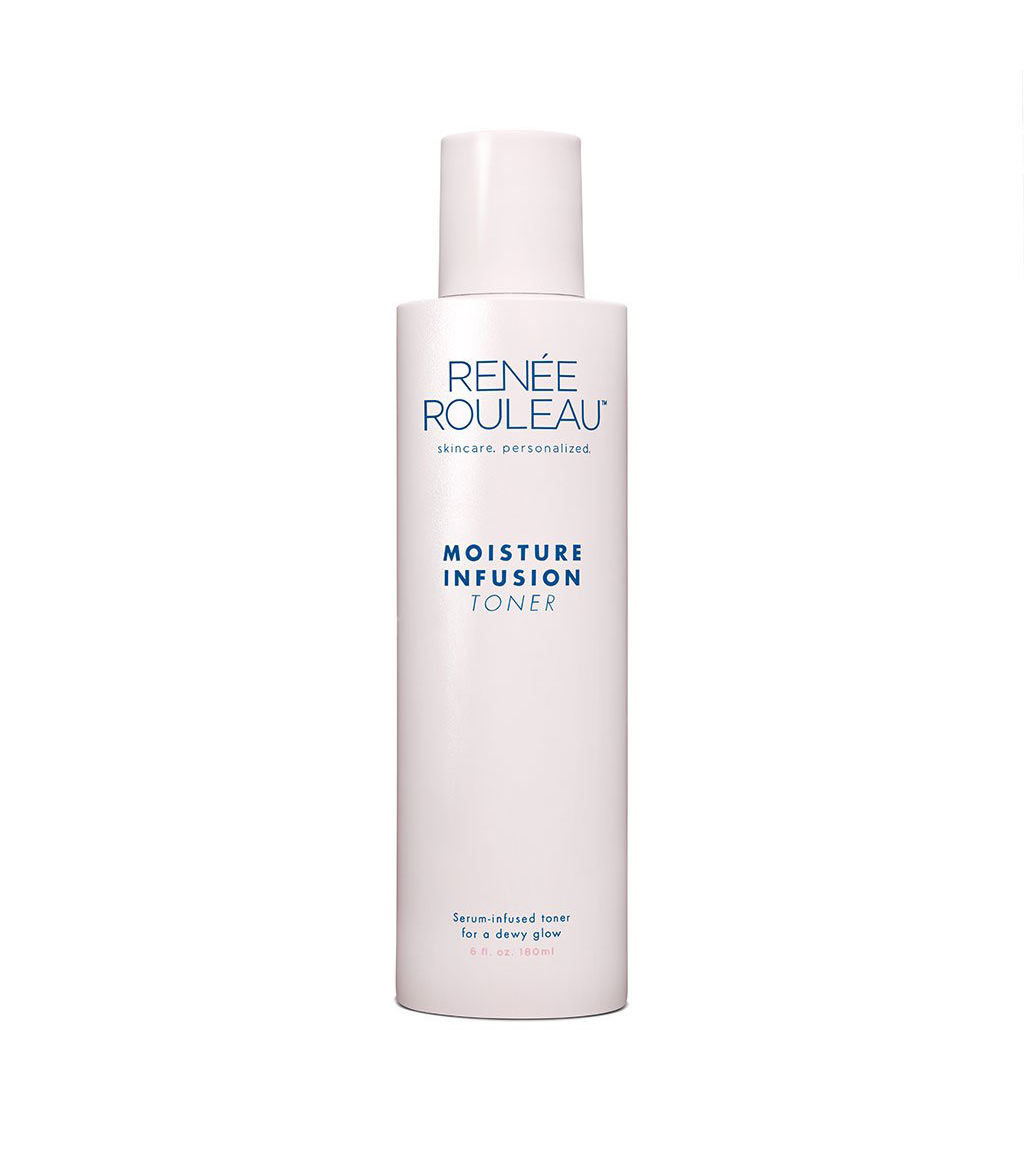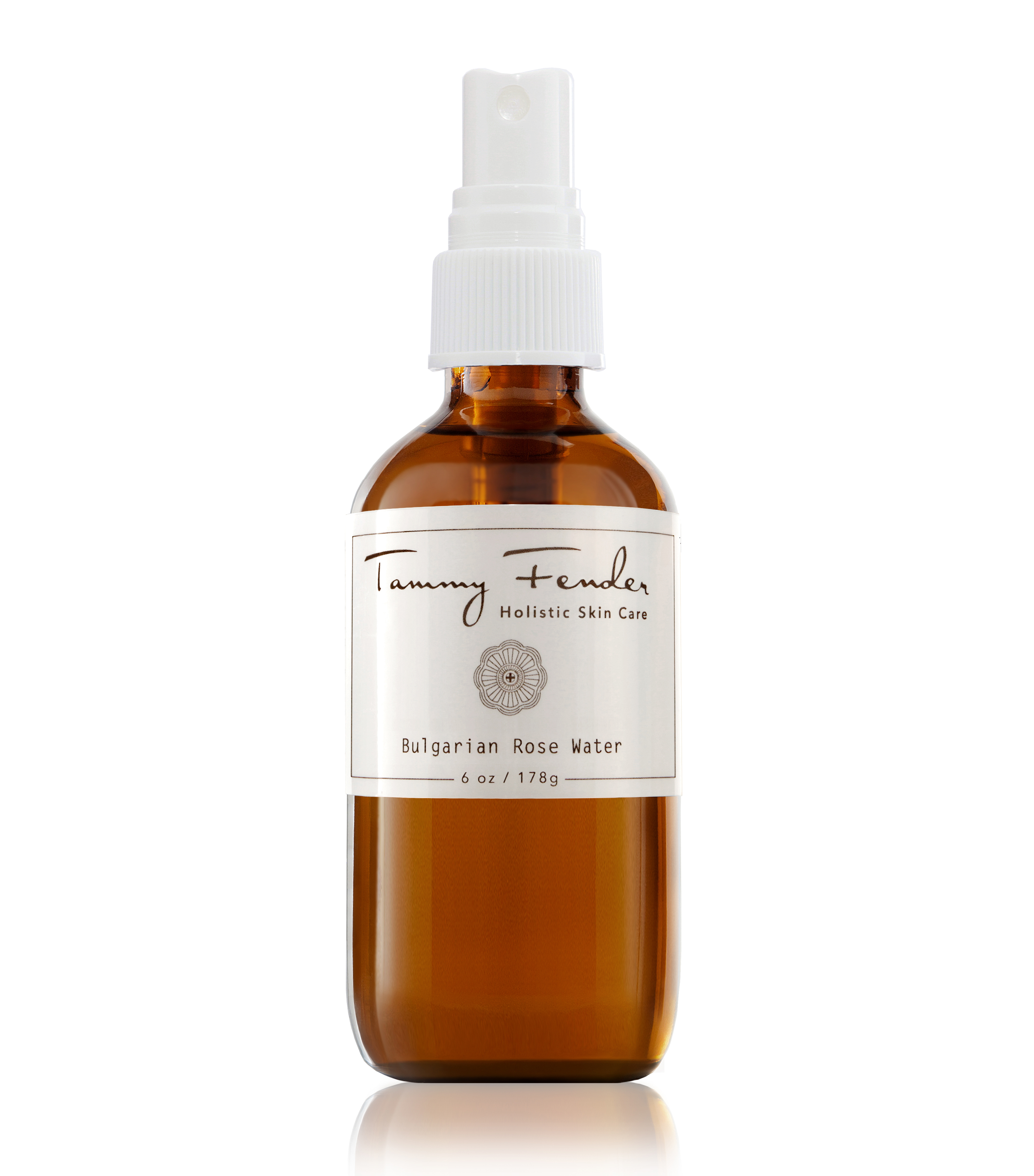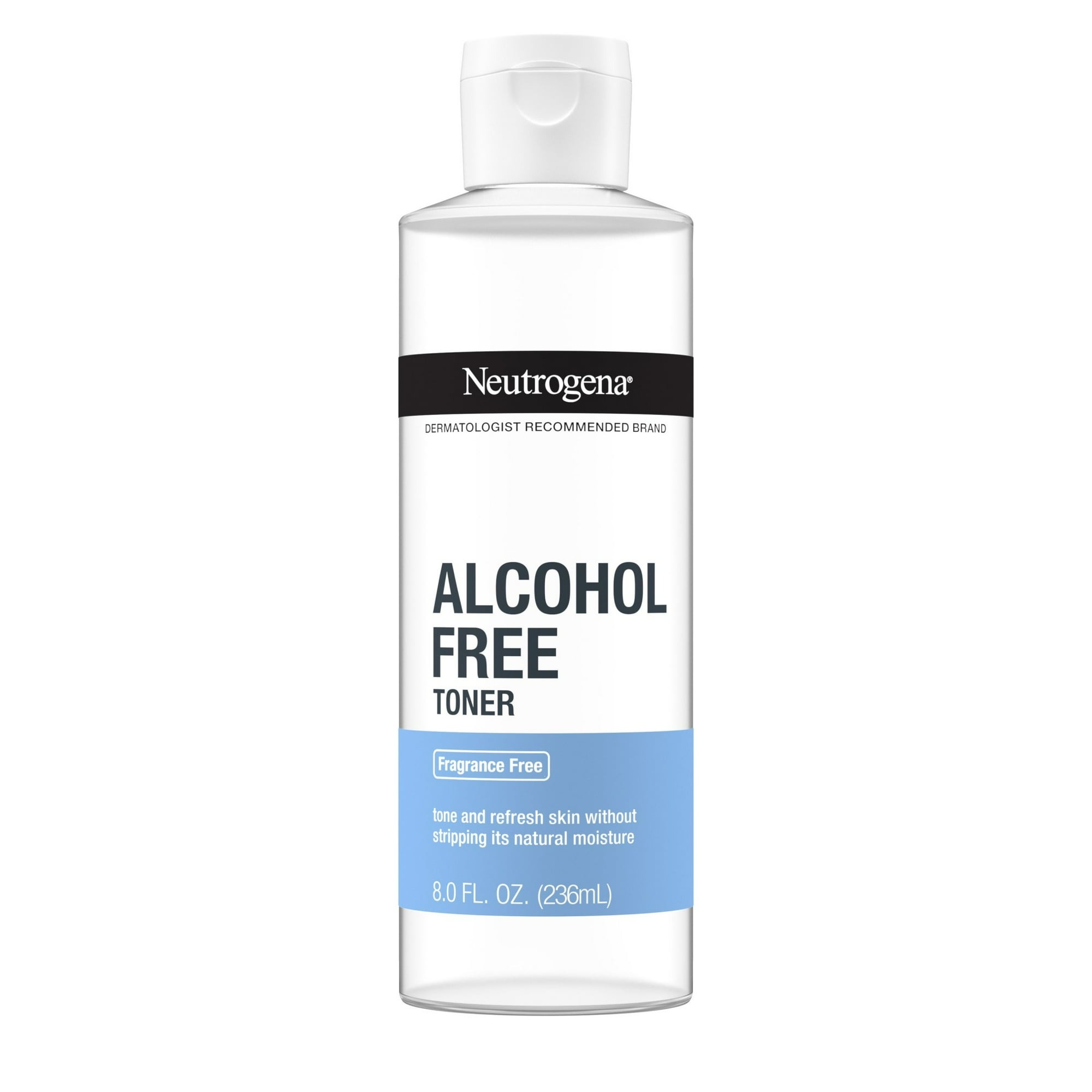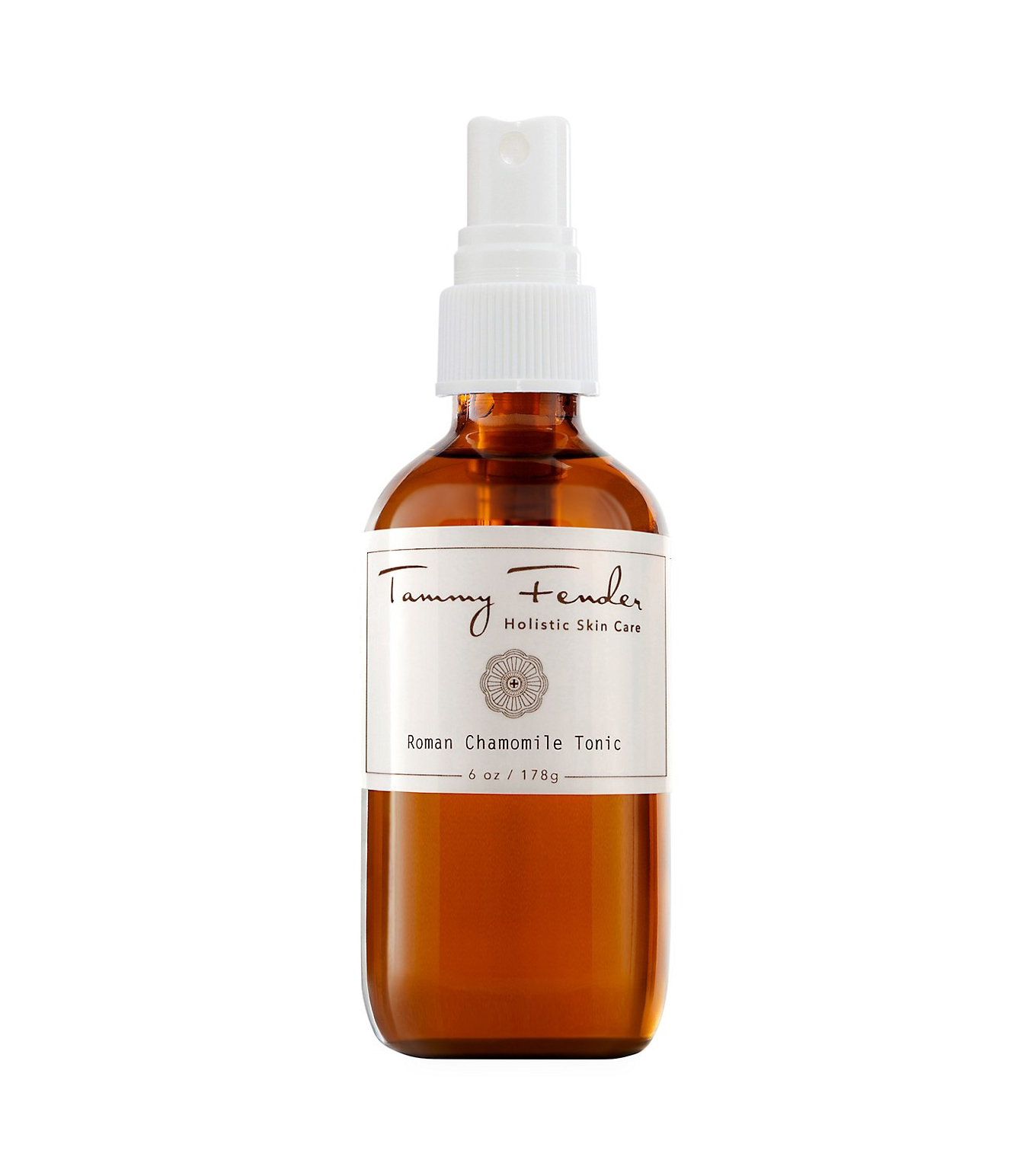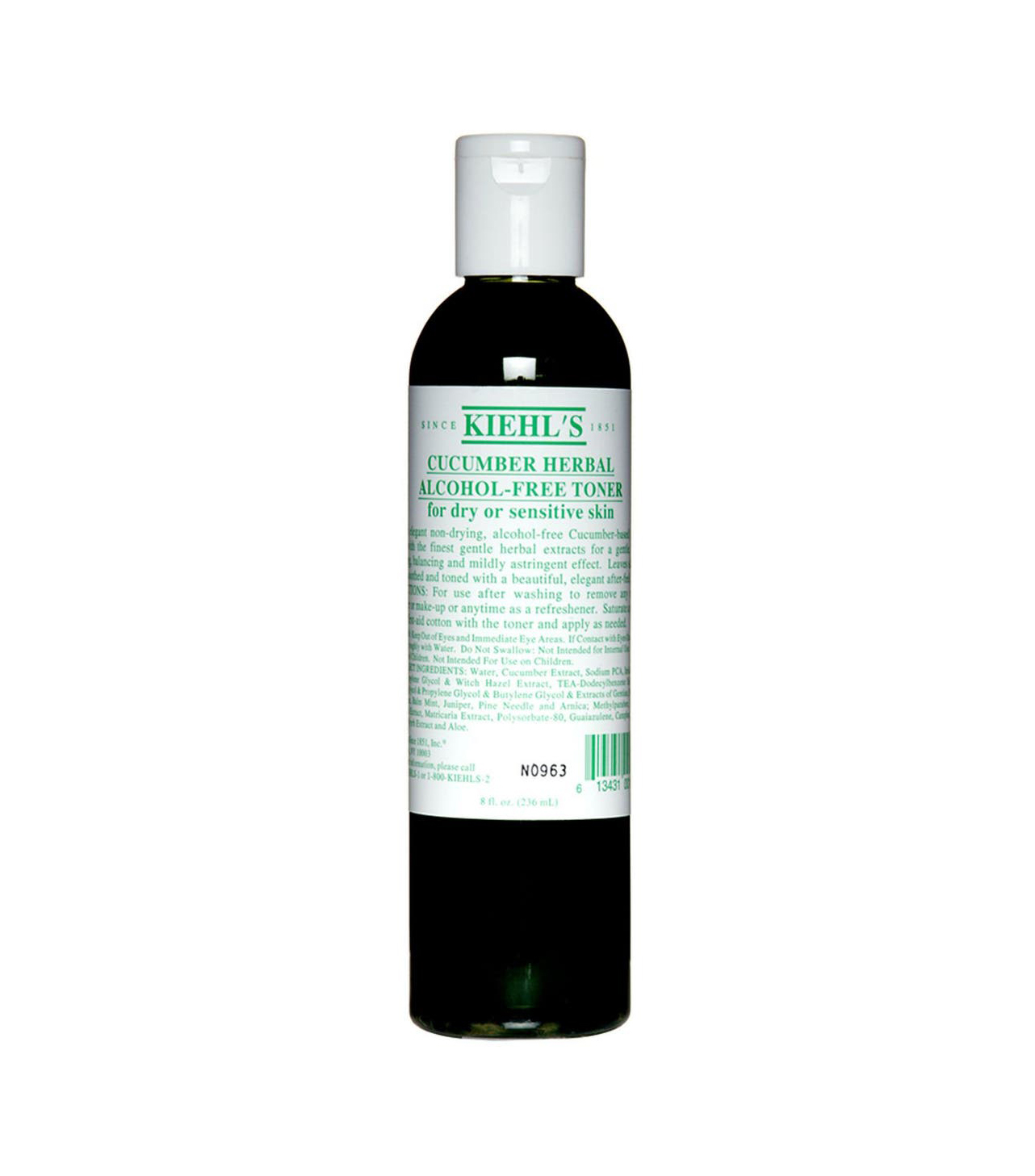Do You Really Need a Toner? Here's the Truth, According to Experts

So here's something I didn't realize was a hot topic in the skincare community: whether you really need a toner in your routine or not. It seems that the experts are divided on this topic. Says Rachel Maiman, MD, FAAD, a board-certified dermatologist at Marmur Medical, "The question as to whether toners are necessary or recommended is one that continues to be up for debate in the dermatology community. You will get a different opinion depending on who you ask."
How can you decide if it's right for you or not? Well, it helps to look at what a toner actually does for your skin. "Toner is a liquid formulation that quickly absorbs and penetrates the skin and, depending on the specific ingredients, may also have additional antioxidant, hydrating, anti-inflammatory, or exfoliating benefits," says Marisa Garshick, MD, FAAD. "It is designed to be used after cleanser to help prep the skin for the subsequent steps in the skincare routine, in many cases helping to better absorb your skincare products. Because toners often help to restore the skin's natural pH, it can help to support the skin barrier."
Who Do Toners Work For?
SkinSpirit lead aesthetician Karen Fernandez believes not everyone needs a toner, as most cleansers now have the capacity to break down oil and dirt—they are supplemental and can be used as needed. "If you use heavier mineral makeup and SPFs, the extra cleaning power of toner will help skin feel and be cleaner, getting more of the buildup out of the pores," she says. "People who exercise on the go and can't get a shower or face-washing after a workout or practice will benefit from using a toner after sweating. For this use, I like pre-moistened 'toner pads' that have deep-cleaning ingredients."
Now, you're probably wondering, "What's the verdict?" Most of the experts I spoke to for this story said that toners are not exactly necessary, but if you want some extra help with certain skin issues or conditions, they're worth a try since many toners are formulated for specific needs nowadays. It's all about finding the right one for you.

What Is the Benefit of Using a Toner?
If you're thinking about adding a toner to supplement your skincare routine, you might be wondering if your specific skin type will actually benefit from it. Well, unfortunately, it's not all black-and-white. Since there are so many different toners for differing skin conditions and types, the experts say that pretty much everyone can benefit from a toner. Again, it's not necessary, but I don't know about you—if someone tells me something is a "nice-to-have," I'm going to want it.
"All skin types can benefit from a toner," says Natalie Aguilar, a dermatological nurse and celebrity aesthetician. "The frequency, however, will vary. Certain skin types and certain lifestyles may benefit the most by incorporating toner into their skincare routine. If one is prone to breakouts, adding a toner can help discipline the skin by balancing the pH and wiping away traces of dirt or makeup. If one is also used to wearing large amounts of makeup, toner is an ideal product."
Not all toners are created equal. Some can remove impurities and prevent acne and breakouts. Others can be a gentle way to cleanse the skin if you don't want to wash it twice a day. Some can target skin inelasticity, while others can prep the skin for better absorption of serums and moisturizers.
What Ingredients Should I Look For and Avoid in Face Toners?
There are some cons to using toners—that's why it's so important to shop for ones that work with your specific skin type. You'll want to pay close attention to ingredients and, depending on your skin type, avoid some that can be irritating, like alcohol (especially if you have dry or sensitive skin). "The problems that can be encountered with the use of toners usually stem from the use of those that are alcohol-based astringents," Maiman says. "While these can be used regularly by people with oily skin, other skin types should steer clear.
This includes people with acne who have combination, dry, and/or sensitive skin. As mentioned above, alcohol-based toners reduce oil production by drying out sebum. Thus, unless someone has a genetic predisposition toward excessive sebum, depleting oil significantly will only cause significant dryness and potential irritation. As a consequence of a feedback mechanism, excessively drying out the skin will cause a paradoxical increase in the amount of oil produced, which can cause dysregulation at the level of the sebaceous gland and trigger more acne."
And be careful with some exfoliating ingredients. "If you are using a toner with some exfoliating ingredients, such as an exfoliating acid, it is important to avoid using too many products in the same routine that also exfoliate to avoid any potential irritation that can occur with over-exfoliation," says Garshick.
To choose the right toner for you, check out these recs below.
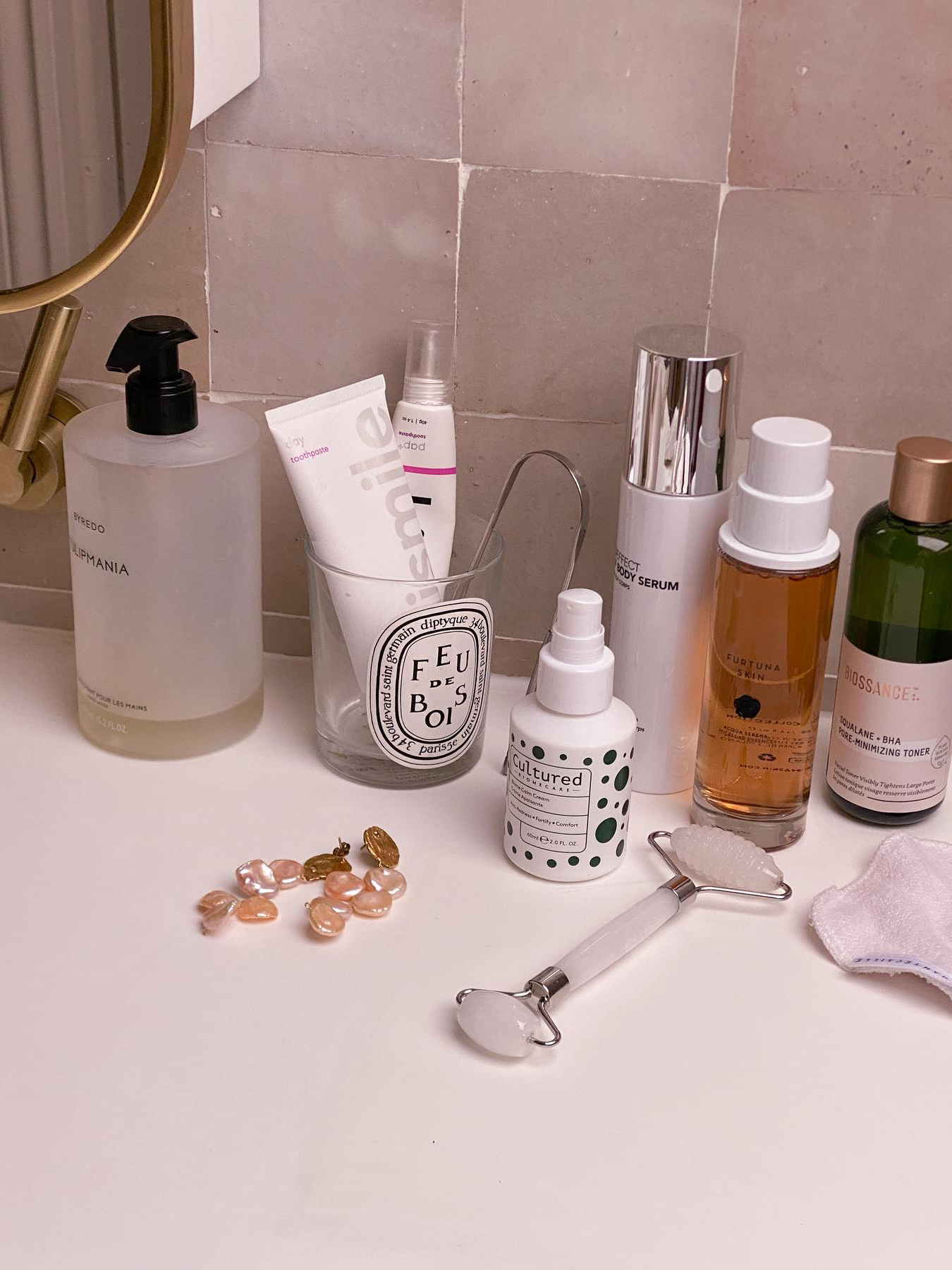
For Normal Skin
"Normal skin types can look for toners that have antioxidants and brightening extracts, such as niacinamide or licorice extract," says Aguilar. "Amino acids are also a great ingredient to look for as they hydrate, soothe, and strengthen the skin's barrier." And Tammy Fender, holistic wellness practitioner and creator of Tammy Fender holistic skincare, recommends restorative ingredients like rose water.
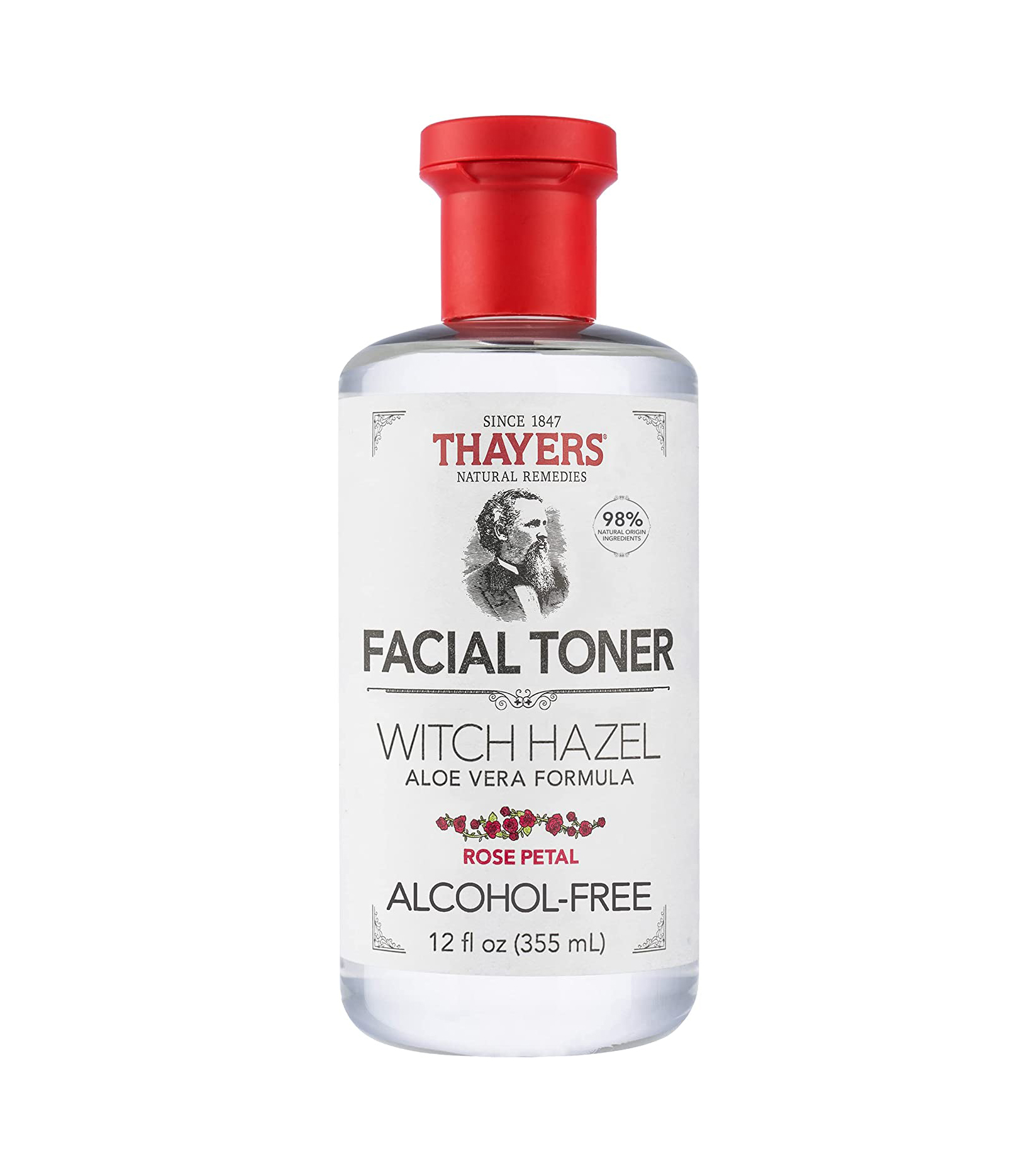
"This alcohol-free toner contains witch hazel, in addition to aloe vera and glycerin, so it helps to clarify the skin without leaving the skin feeling irritated or dry," Garshick says. "It works to reduce the appearance of pores and helps to smooth the skin, while also controlling oil production and hydrating the skin. It can be used by all skin types."
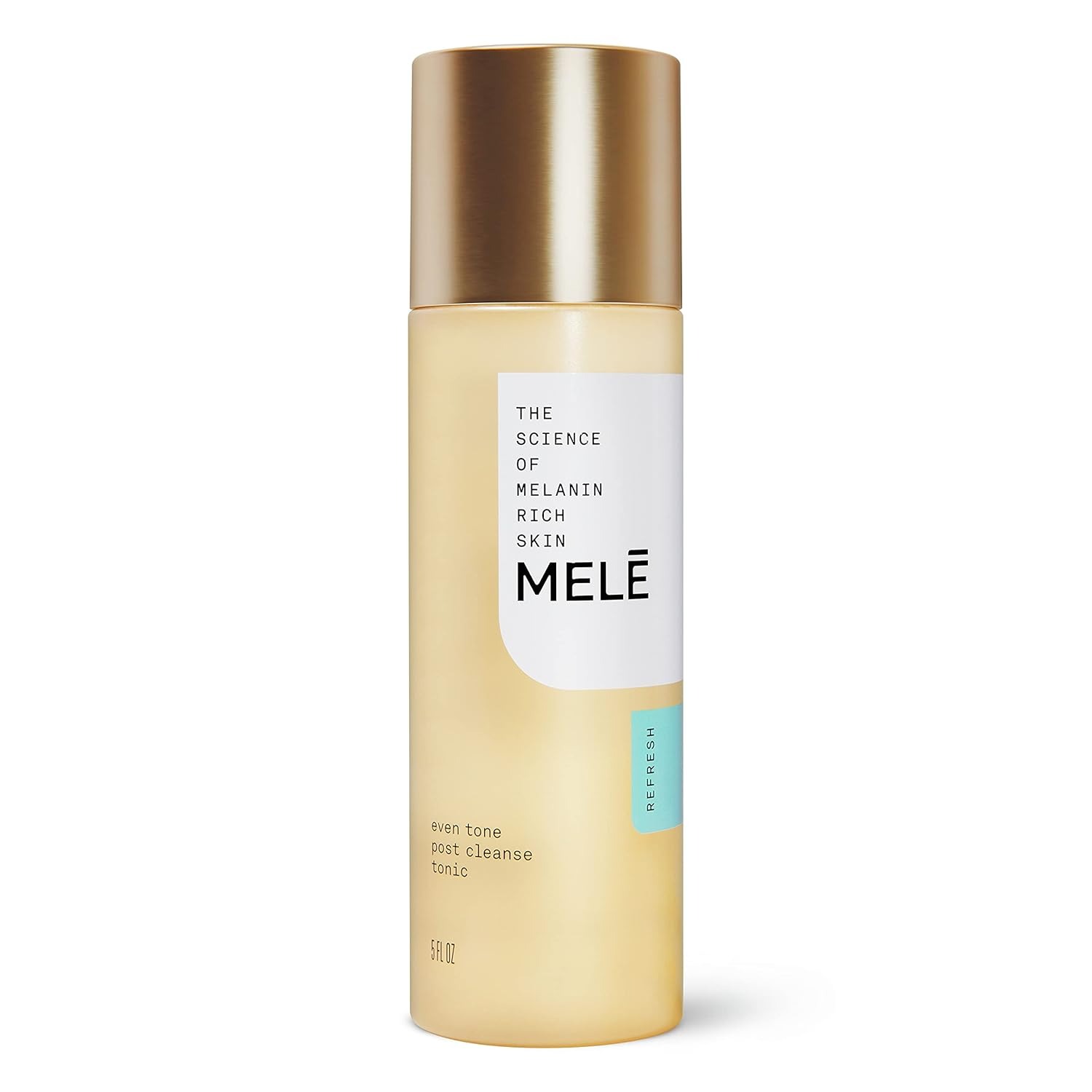
"Designed specifically with darker skin types in mind, this lactic acid containing toner helps to gently exfoliate and leave the skin glowing while also working to improve the appearance of dark spots and uneven skin tone. It also contains vitamin C, providing antioxidant benefits," Garshick says.
For Combination Skin
"Combination skin makes it a bit tricky to find the right toner—one may question if their skin is dehydrated with acne or acne with dehydration," Aguilar says. "However, toners can help hydrate dry areas and balance out oily zones because toners regulate the skin. A toner should be gentle enough to be used on the entire face, so when it comes to toning combination skin types, it's best to stick to gentle to mild exfoliants. Keywords to look for are 'balance' and 'purifying' because the goal is to create a balance between the dehydration and oily zones." Look for ingredients like alpha-hydroxy acids, hyaluronic acid, aloe vera extract, ceramides, chamomile, vitamins, or ginseng.
For Oily, Acne-Prone Skin
"The best toner for oily/acne-prone skin is a toner that avoids stripping the skin of all oil because that will only stimulate the oil glands to produce more serum," Aguilar says. "An ideal toner for oily skin would be one that balances the skin's pH, not one that strips the skin. One with oily/acne-prone skin may even benefit from added exfoliant actives such as salicylic acid, glycolic acid, and other alpha hydroxy acids."
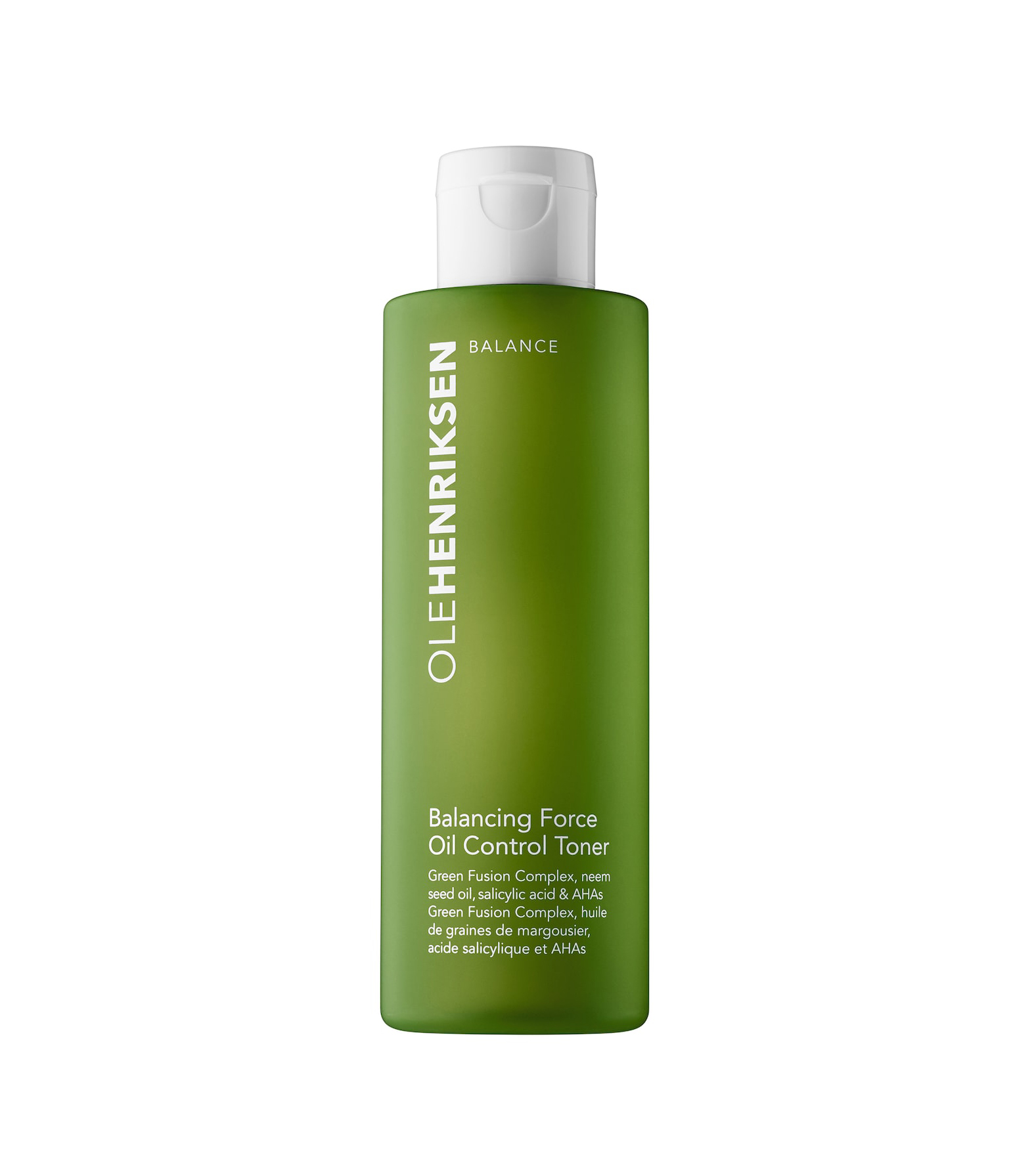
"Look for ingredients that exfoliate the skin gently such as Ole Henriksen's Balancing Force Oil Control Toner, which reduces shine, exfoliates, and calms redness while being alcohol-free," says Tracy Evans, MD, MPH, board-certified dermatologist and medical director of Pacific Skin and Cosmetic Dermatology.
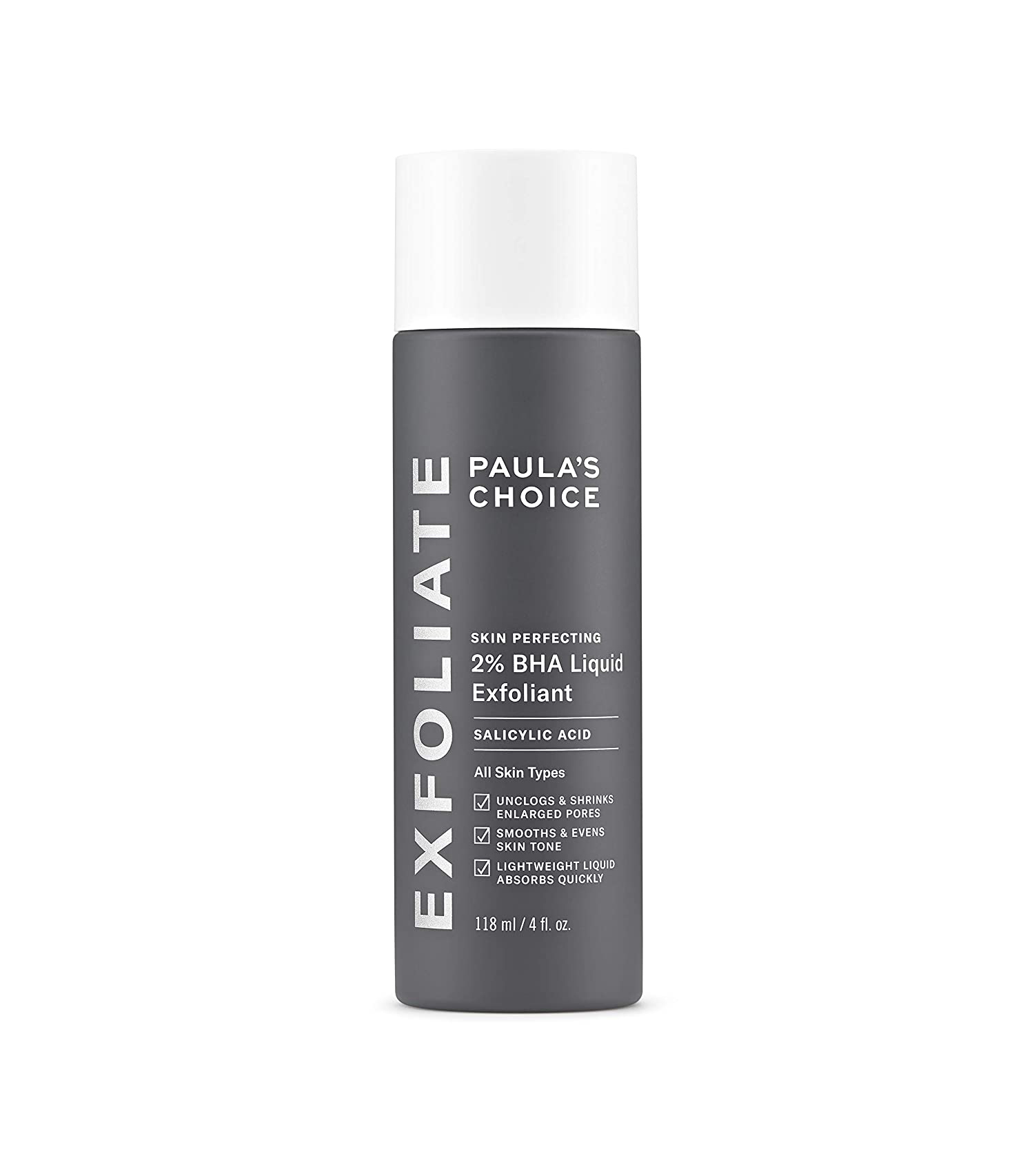
"A concentration of 1% or 2% salicylic acid, as is found in this product, is most often used for acne," says Maiman. "Although this concentration rarely causes irritation or dryness in a cleanser, it may be more drying if left on the skin in a lotion or cream. However, the Paula's Choice 2% BHA liquid mitigates this by way of containing green tea, an antioxidant that soothes and minimizes irritation."
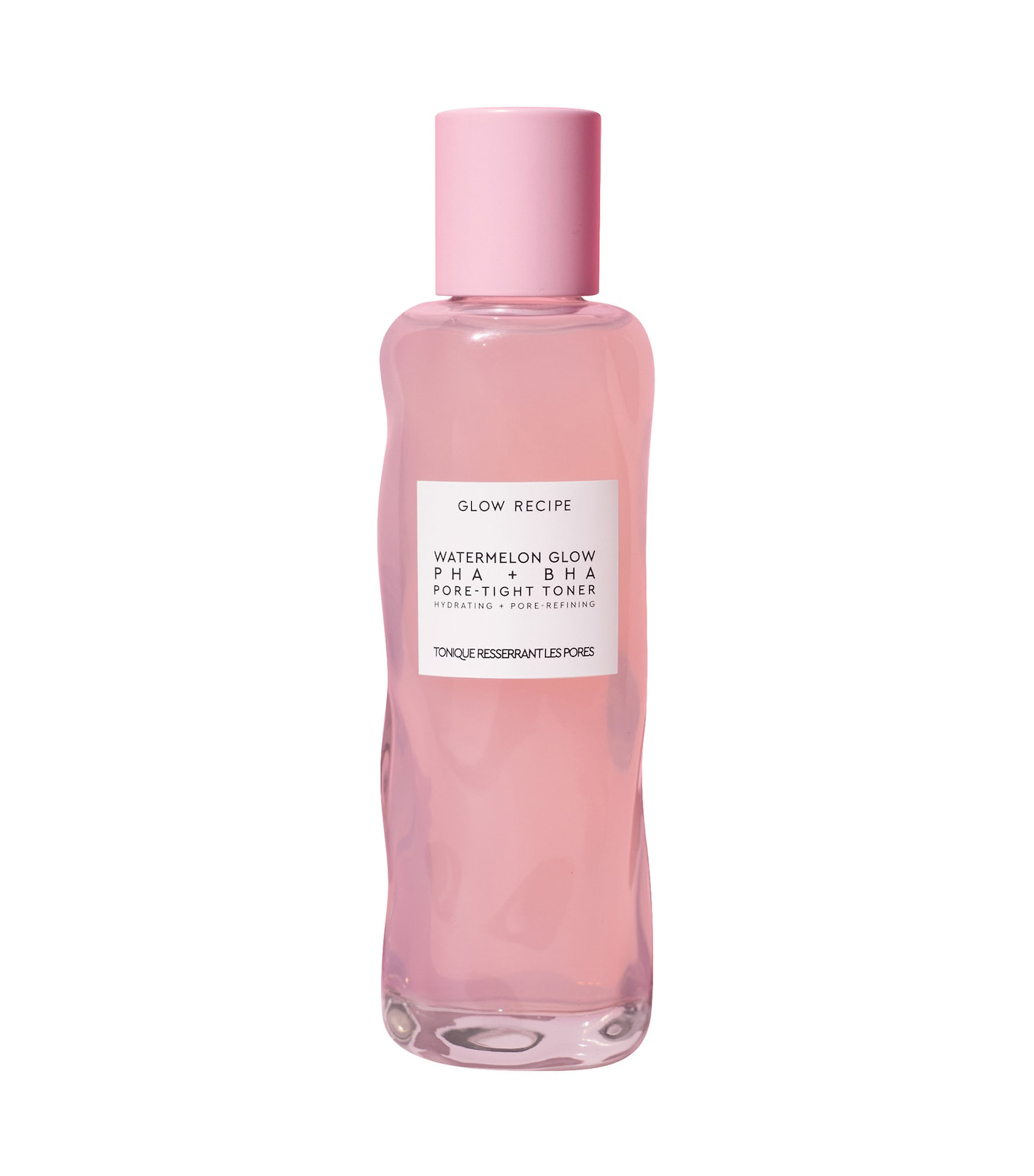
"This toner gets its BHA power from willow bark, a natural form, which works to unclog and decongest," says Maiman. "These effects are amplified by the addition of polyhydroxy acids (PHAs) that provide gentle exfoliation. The addition of hydrating watermelon extract delivers essential vitamins and amino acids to soothe the skin. Finally, cactus water seals in moisture and prevents moisture loss while simultaneously delivering electrolytes and antioxidants."
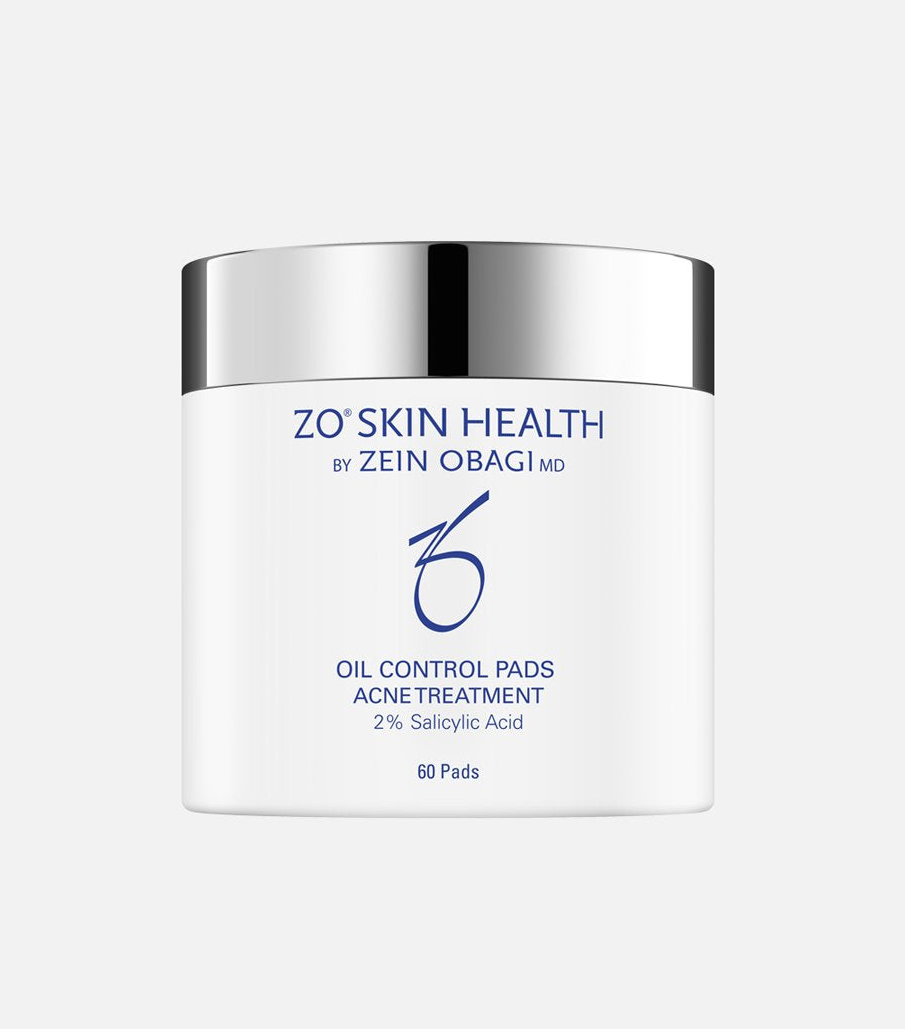
"The active ingredient that is important here is salicylic acid," Fernandez says. "The intent is to address and lessen the oil production and at the same time kill bacteria. Often this can be used after working out or sweating to prevent a breakout when cleansing is not possible. For oily skin, I like ZO Skin Health's oil control pads—having them in pre-moistened pad form makes it perfect for on the go!"
For Dry Skin
"Those with dry skin should opt for toners containing ingredients that help to boost moisture and soothe the skin," Garshick says. "This can include humectants such as hyaluronic acid and glycerin as well as aloe vera, rose water, and nourishing fruit and plant extracts." Other ingredients to look for include sodium PCA and lecithin.
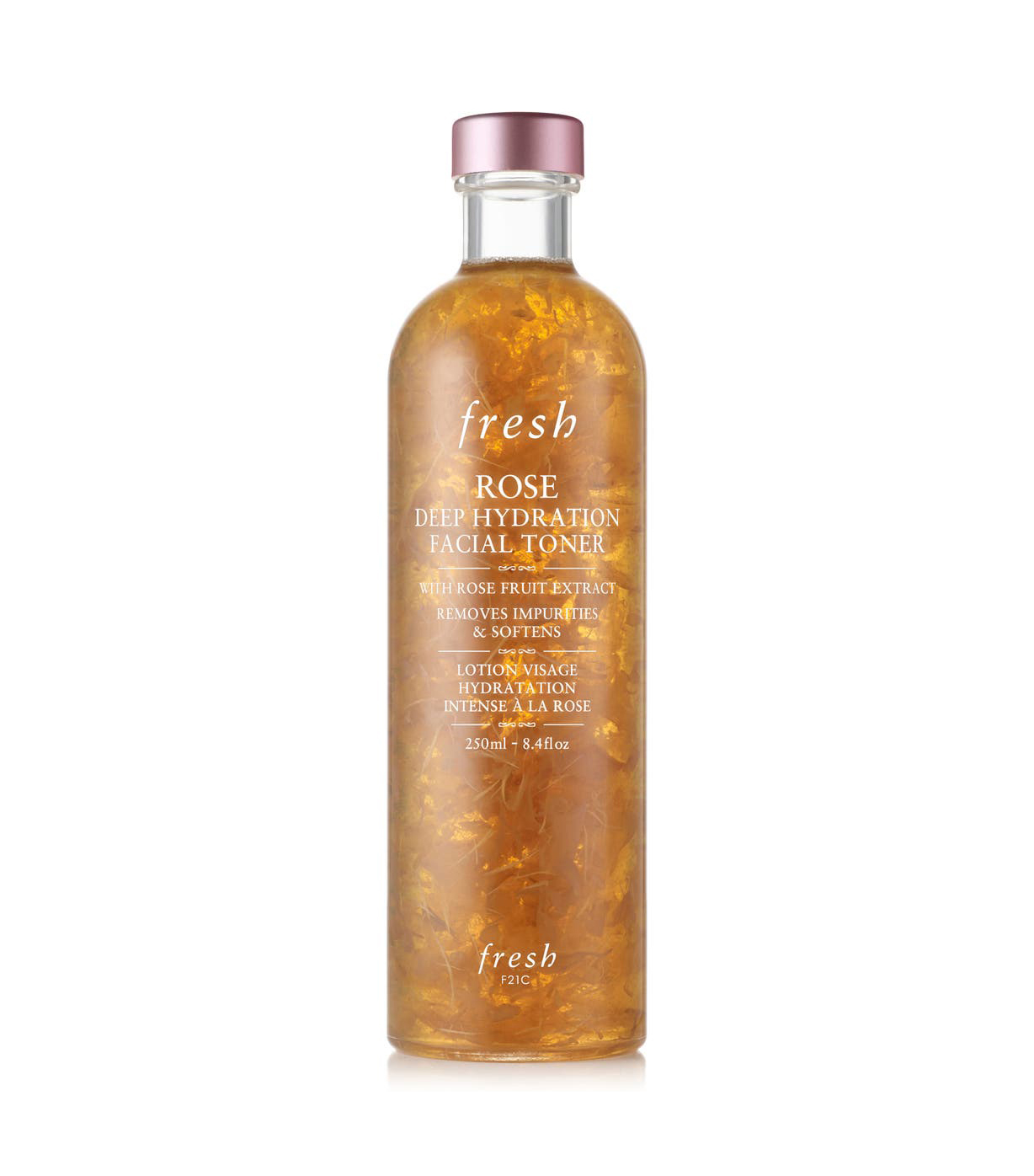
Both Evans and Maiman recommend Fresh's toner. "This alcohol-free toner manages to effectively tone the skin without any astringents and, instead, uses gentle rose fruit extract," Maiman says. "It also contains a hefty amount of rose water and rose-flower oil, which soothes, hydrates, and nourishes. This is augmented by the very hydrating properties of hyaluronic acid."
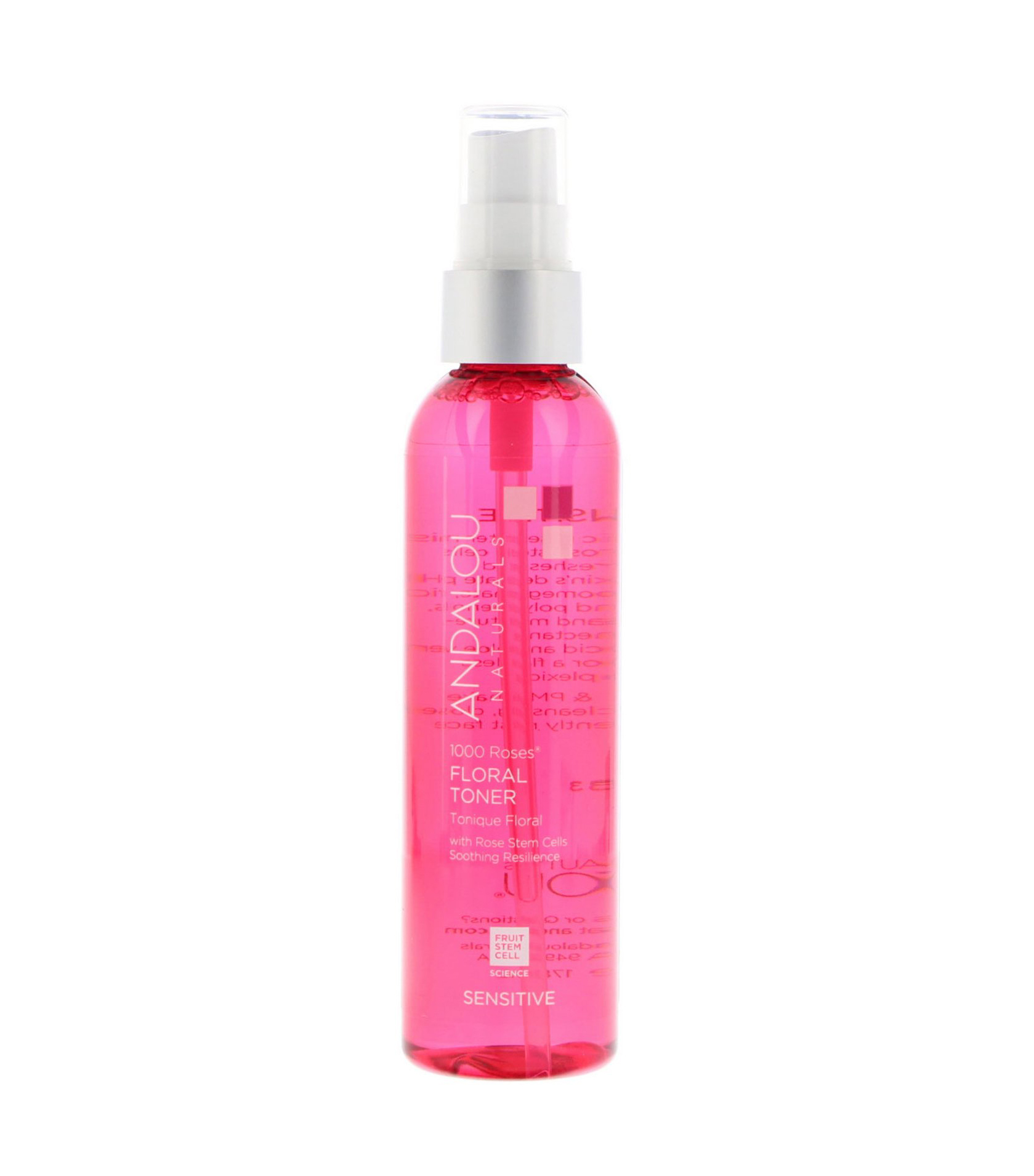
"This gentle toner combines a rose water mist with alpine rose stem cells to help refresh the skin," Garshick says. "It also incorporates pomegranate, aloe vera, as well as hyaluronic acid, helping to brighten and moisturize the skin without leading to dryness or irritation. This is especially good for those with dry or sensitive skin, as it is both gentle and calming on the skin. It is easy to spray and can be used throughout the day to help keep the skin looking refreshed on the go."
For Mature Skin
For people with mature skin, Garshick says you can benefit from toners that offer gentle exfoliation to improve dullness (like alpha hydroxy acids), plus antioxidants to brighten the skin and humectants like hyaluronic acid and glycerin for extra hydration.
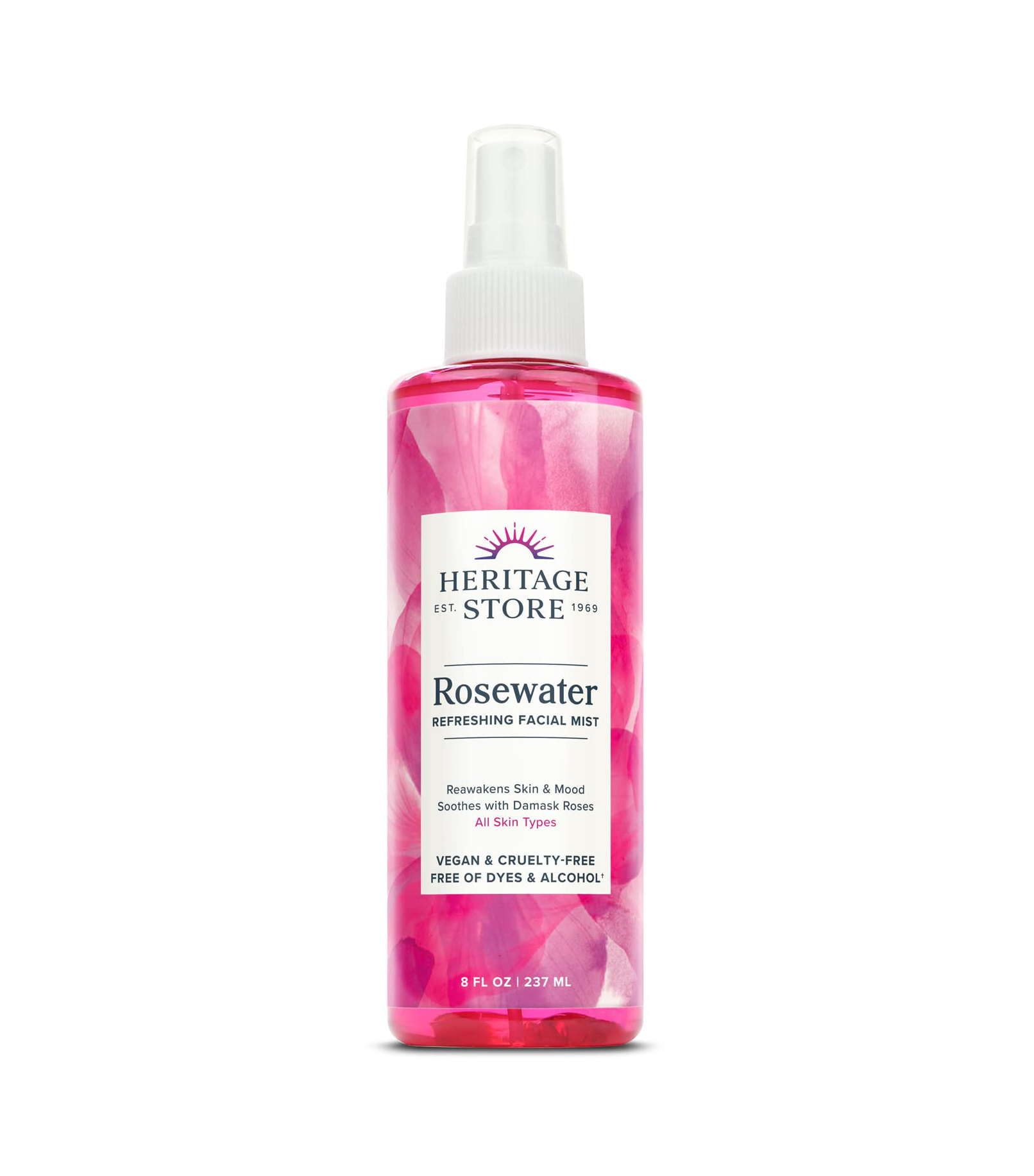
"My favorite toner for all skin types, especially dry, dehydrated, mature, and sensitive skin, is Heritage Store's Rosewater toner," Aguilar says. "It is an OG, original, oldie but goodie. I have used this toner in some of my facials for more than 10 years. It's vegan, cruelty-free, light but hydrating thanks to hyaluronic acid, has a small ingredient list, and has a beautiful energy because it has been vortexed and magnetized to raise the energy to higher vibration. It's also alcohol-free."
For Sensitive Skin
You'll want to be careful with toners if you have sensitive skin, as you don't want anything that will irritate or cause redness. "For those with rosacea/redness and/or sensitive skin, ingredients like aloe vera, rose water, and chamomile can be soothing and reduce inflammation," Maiman says.
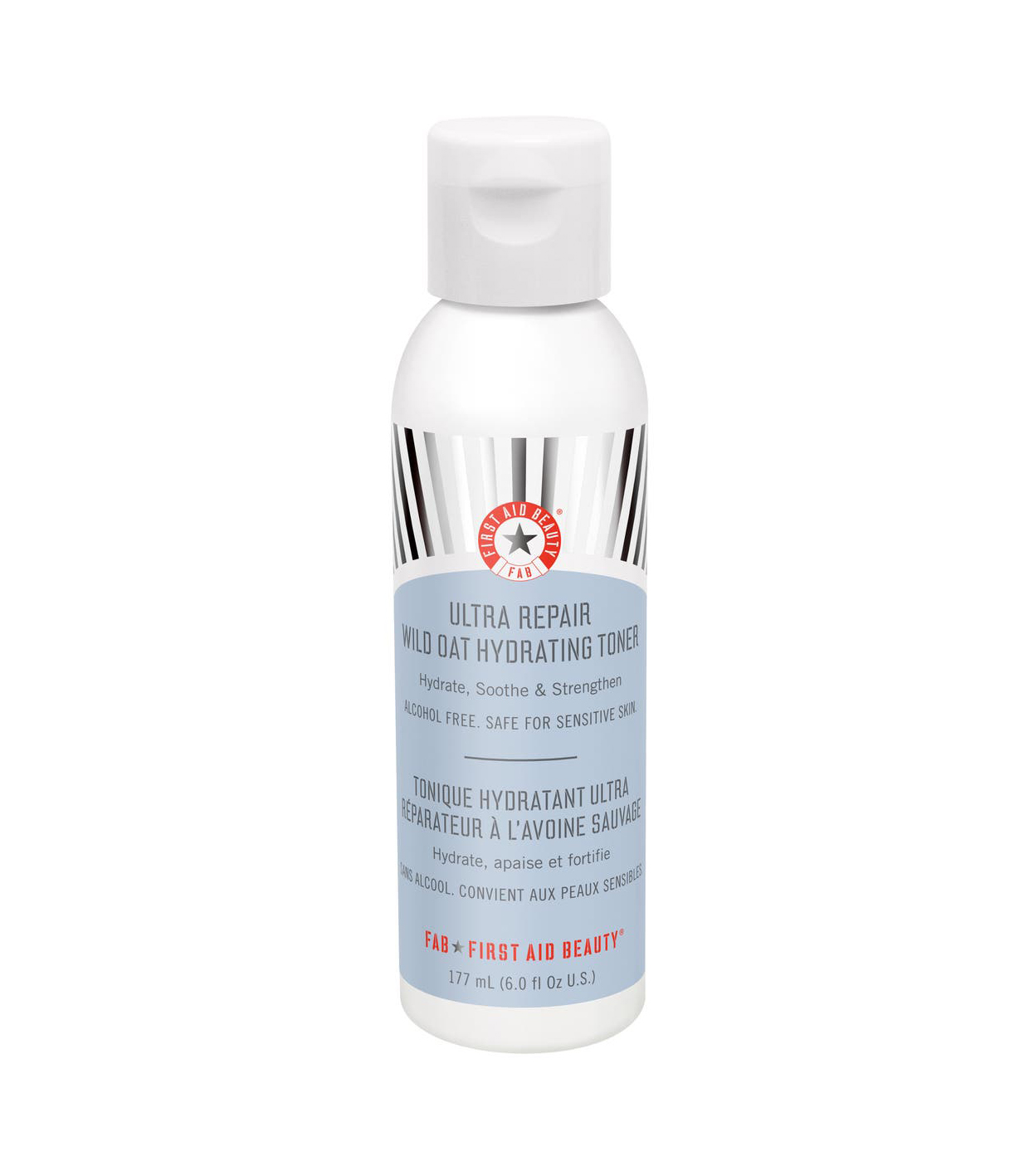
"This alcohol-free toner is super soothing and excellent for those with hypersensitive skin," Maiman says. "It contains colloidal oatmeal and wild oats to help soothe distressed skin, facilitate barrier repair, and improve hydration. It also contains honey, a humectant that draws water from the deeper layers of the skin (and the outside environment when humidity is sufficient!) to hydrate the critical outer layers and which is also rich in calming antioxidants. Along with hyaluronic acid, its other star ingredient, this toner is one of my absolute favorites."
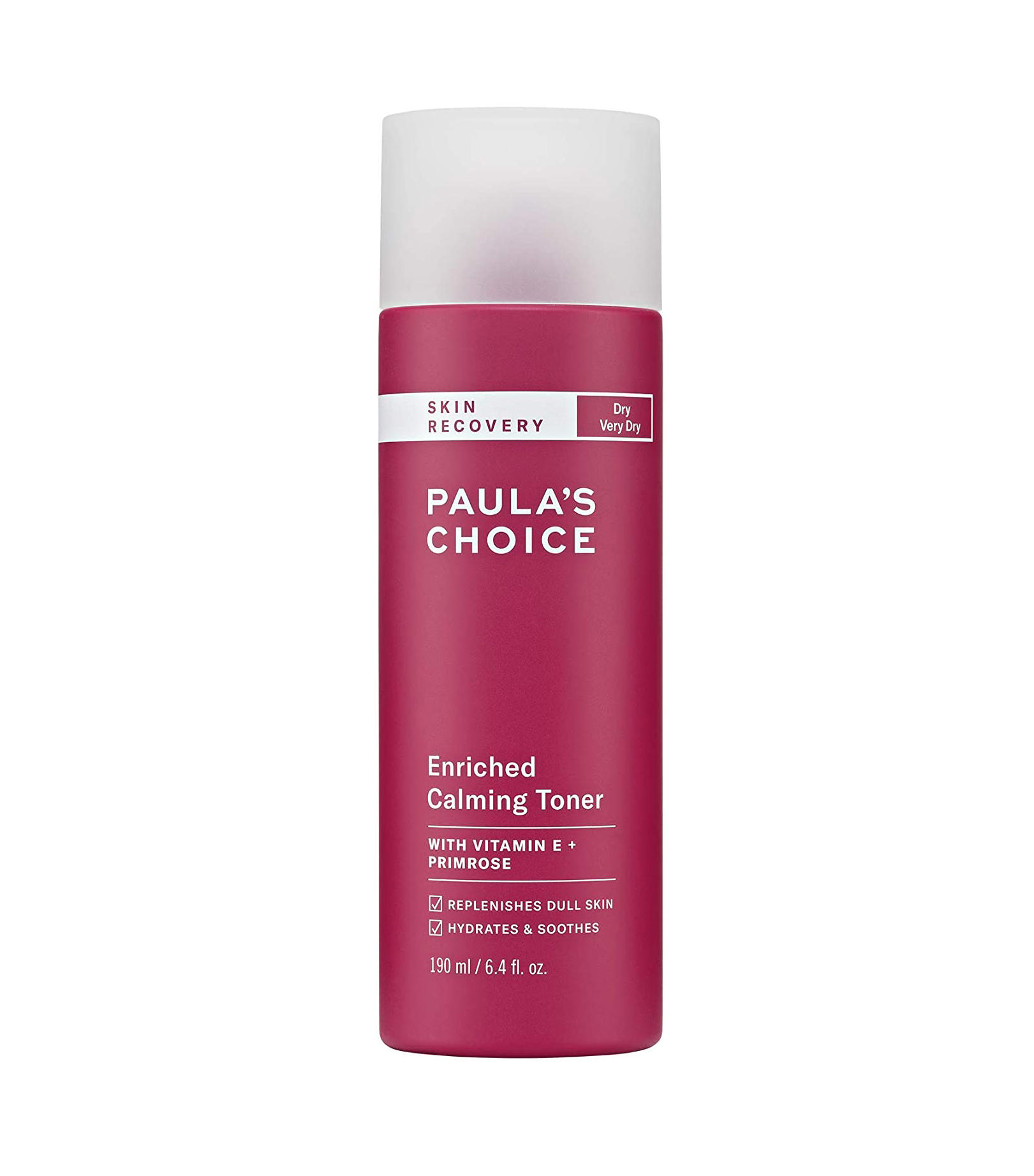
"This hydrating toner contains essential ingredients dry, flaky skin requires to improve skin barrier function and help defend against dehydration, environmental stress, and aging," Maiman says. "Key ingredients include hyaluronic acid to hydrate, vitamins C and E to provide antioxidant protection against free radical damage induced by both external and internal insults, and borage-seed oil to provide an additional boost of antioxidants while simultaneously nourishing and locking in moisture."
This post was published at an earlier date and has since been updated.
Sarah is lifestyle writer and editor with over 10 years of experience covering health and wellness, interior design, food, beauty, and tech. Born and raised in Los Angeles, she attended New York University and lived in New York for 12 years before returning to L.A. in 2019. In addition to her work atBest Knockoff Luxury Clothing , she held editor roles at Apartment Therapy, Real Simple, House Beautiful, Elle Decor, and The Bump (sister site of The Knot). She has a passion for health and wellness, but she especially loves writing about mental health. Her self-care routine consists of five things: a good workout, “me” time on the regular, an intriguing book/podcast/playlist to unwind after a long day, naps, and decorating her home.
